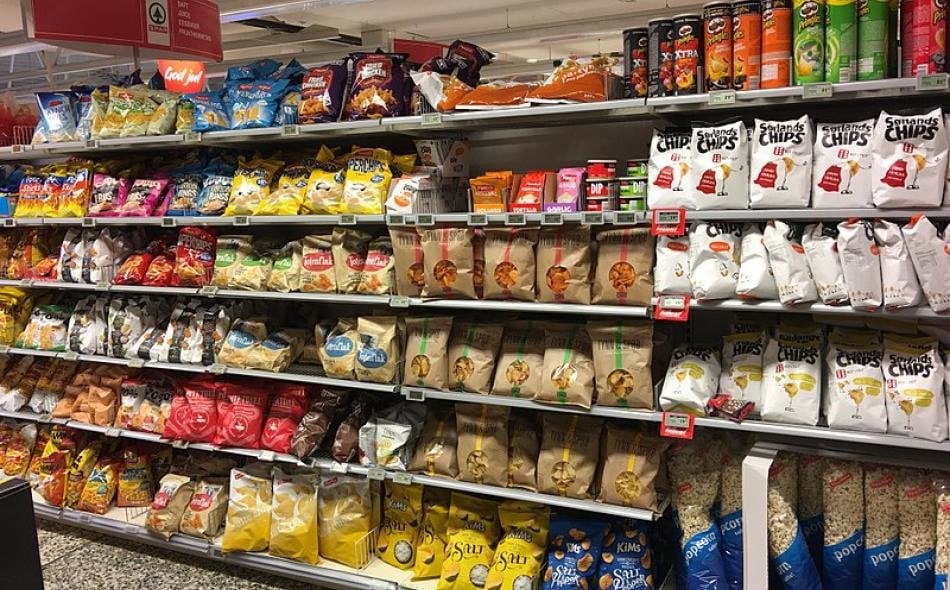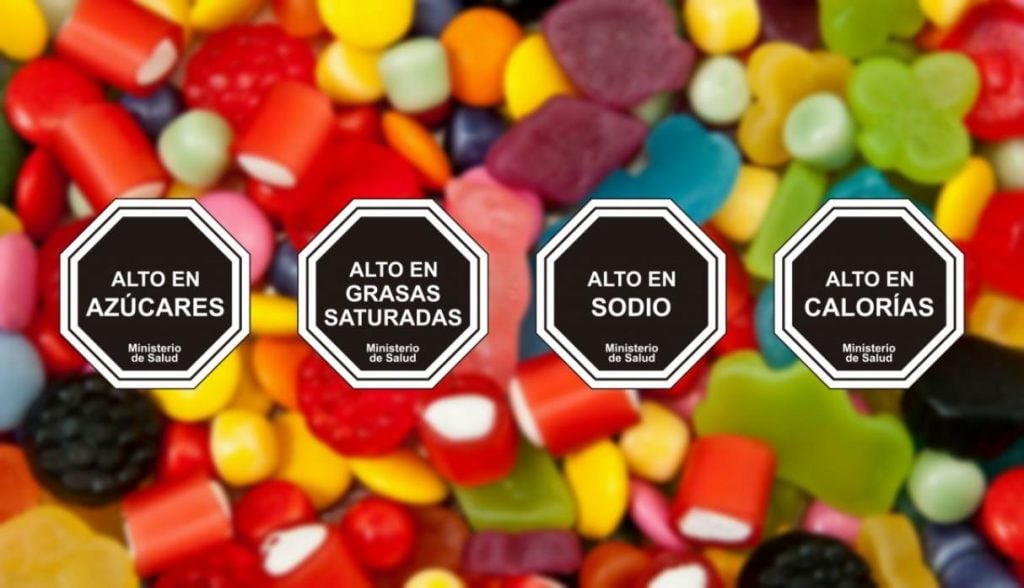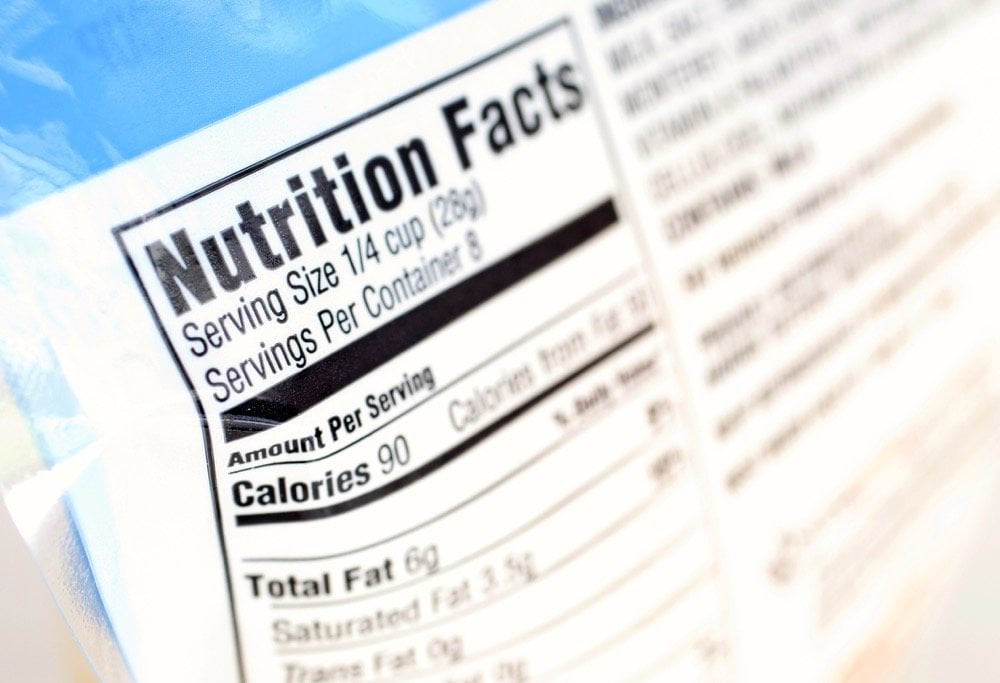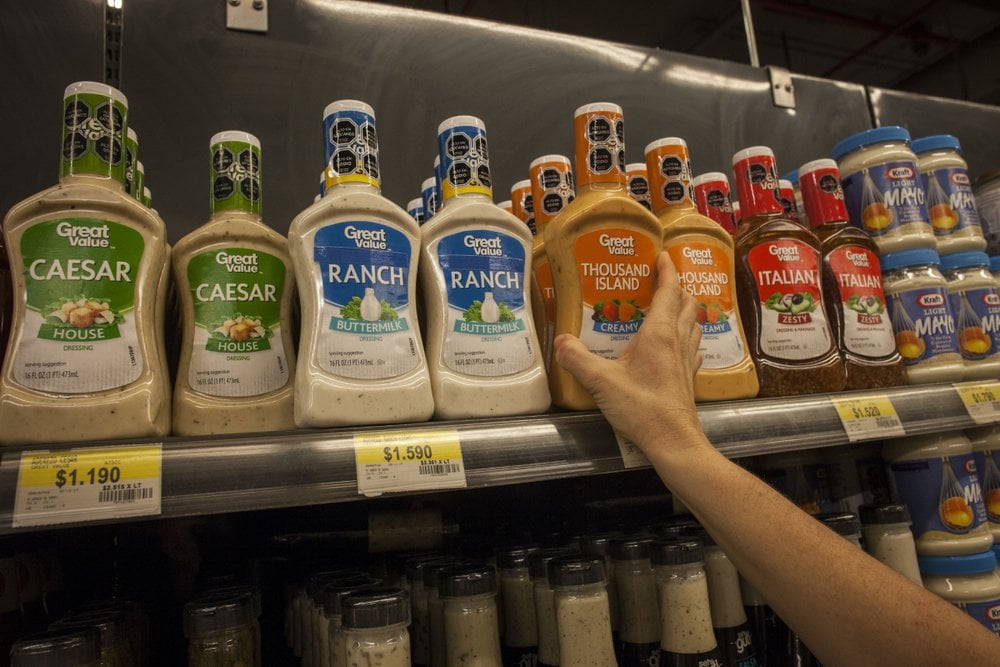
U.S. to Stop Canada from Implementing Warning Labels on Junk Foods through NAFTA

Change is in the air. Canada is set to become the second high-income country after Chile to implement junk food warning labels. The proposed labels are set to be featured on foods rich in salt, sugar, and fat.

According to a report from the Organisation for Economic Co-operation and Development, The U.S. and Mexico are the world’s most obese countries.
The move is seen as a strategic move intended to lower the ever-increasing obesity rate in the country. In truth, it’s not just Canada that has an obesity issue to deal with. More than ever, more people in world populations are being classified as obese to some degree.
Chile perhaps has the issue on lock and they are making numerous attempts at implementing policies to guide the populace. At present, the Chilean government has put in place a policy that requires all food products rich in sugar, salt, and fat to have large symbol based warning labels.
When it comes to positioning, they insist that the symbol labels must also be placed right at the front. This in itself is a break from tradition. Typically, ingredients, percentages, and numbers are usually confined at the back of food packages in small font.
Given the success of the program thus far, Canada has taken notes. They have brought on the idea in order to lower the obesity rate in the country. At present, statistics show that up to 26 percent of Canadians can be classified as obese.
Bone of Contention
The U.S. has however taken the move as an affront to its trade laws with Canada. If Mexico also tries to do the same, they are bound to face similar objections from the United States. This is because of existing trade agreements in the countries.
While the move by Canada is writ with good intent, it has received critique from American trade representatives for the negative manner it is set to affect trade.

The American wing of the negotiations is seeking to create a provision that prohibits the countries bound by the NAFTA deal i.e. the U.S., Mexico, and Canada from adopting front-of-package symbol warnings
Having such warnings is seen as a move in bad faith according to the trade representatives. They say the move inappropriately depicts the existing hazards that exist from the consumption of food and non-alcoholic beverages.
The United States Trade Representative Robert Lighthizer officially confirmed that they were pursuing the best course of action to take as per the provision. In addition, he called out the food labeling policy as ‘protectionist.’
However, his perception of things was not concurred by a fellow lawmaker. Rep. Lloyd Dogget openly criticized the proposed policy as a threat to the battle against obesity. In a lengthy tweet, he called out Robert Lighthizer for not protecting the interests of the public’s health.
Processed Foods

A recent study by BMJ revealed that about 60% of processed foods consumed in America in the years 2007-2012 originated from ultra-processed foods. The said processed edibles include frozen meals, cakes, soda, fruit juice, mass-produced bread, and cookies
The long and short of the short of the study was that Americans heavily relied on processed foods. So much so that some consider such foods as must-haves at the households.
The truth about processed foods is that they expose us to the threat of increased sugar, fat, salt, calories and fat. On the other hand, home-cooked meals do not pose such threats to our wellbeing so much. Thus, such findings by BMJ only go to confirm numerous other studies that the increasing rate of obesity, cardiovascular diseases and other metabolic diseases all around the world were caused by lifestyle choices.
Through the years, the food industry has soared in terms of gains made. However, these industries have kept most of the people in the dark about what is contained in their packaging. Cleverly, these companies employ the need of math and nutritional knowledge in their packaging. Most Americans barely make out what the ingredients really mean. As a result, many people end up messing up their health through continued consumption of junk food.
The Chile move to use symbol-based nutritional labels has been met with support with groups like the World Health Organization and the Institute of Medicine.
More in Business
-
Why American Consumers Are Falling Behind on COVID-Era Debt
When the world was grappling with the health crisis brought on by COVID-19, the U.S. economy faced an equally formidable challenge:...
November 27, 2023 -
Dr Dre and Ex-Wife Nicole Young Finalise $100m Divorce Settlement
After months of legal proceedings, Dr Dre, the legendary rapper, producer, and businessman, officially brought his tumultuous divorce from ex-wife Nicole...
November 22, 2023 -
5 Tell-Tale Signs That It Is Time to Say Goodbye to Your Current Job
Are you feeling like your job is more like a ball and chain than a fulfilling career? The daily grind, the...
November 19, 2023 -
WWE Signs $1.4 Billion Broadcasting Contract for SmackDown
In an explosive turn of events, World Wrestling Entertainment (WWE) has just unleashed some earth-shattering news for its legions of fans....
November 9, 2023 -
Navigating the Mortgage Maze as Interest Rates Take a Historic Leap
The U.S. housing market is nothing short of a dynamic entity. It evolves, reacts, and sometimes, just like the current real-estate...
November 3, 2023 -
Celebrity Couples Where the Woman Has a Higher Net Worth
In a world where gender roles and financial dynamics constantly shift, it’s not unusual to find celebrity couples where the woman...
October 27, 2023 -
Why the Gender Pay Gap Could Be Worsening
Picture this: Two college students, Alex and Charlie. Both are bright, have the same interests, and are ready to embrace the...
October 19, 2023 -
JC Penney’s Remarkable $1 Billion Revival Plan
In a remarkable turnaround, JC Penney unveiled a bold $1 billion revival plan, breathing new life into a brand that faced...
October 12, 2023 -
Shattering the American Dream: Mortgage Rates, Inflation & Cost of Living
You know that feeling when you are dreaming of something you have wanted for so long, only to watch it vanish...
October 6, 2023















You must be logged in to post a comment Login